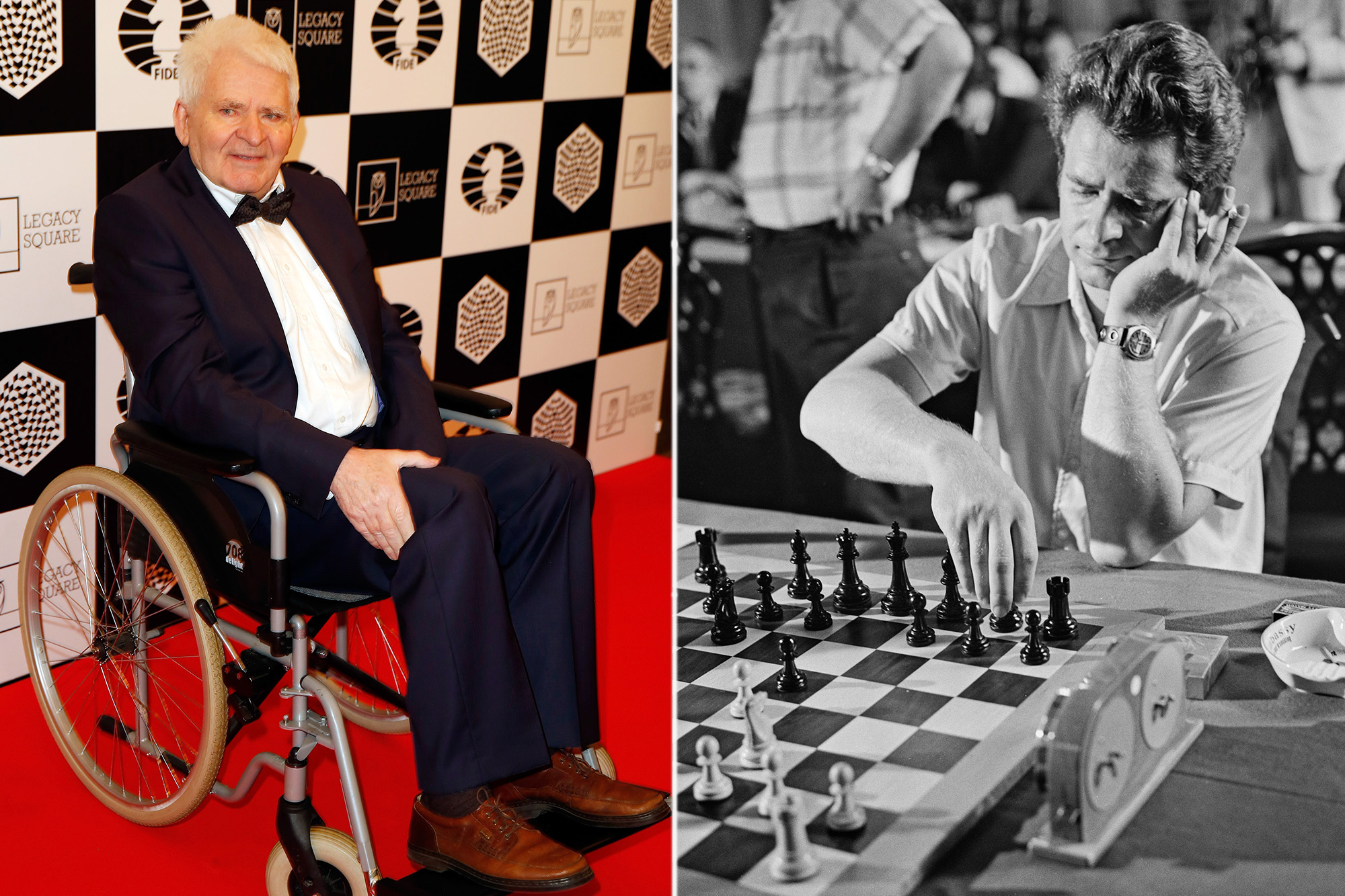News has emerged from Moscow regarding the passing of Boris Spassky, the distinguished former World Chess Champion whose name is intrinsically linked with one of the most famous sporting contests in history. Spassky died on Thursday at the age of 88, the International Chess Federation (FIDE) confirmed, marking the end of an era defined by both strategic brilliance and geopolitical drama on the 64 squares.
Spassky`s journey to the pinnacle of chess was a testament to his innate talent. Recognized early as a prodigy in Leningrad, he cultivated a reputation for a universal playing style, capable of adapting with deceptive ease to any opponent. This versatility carried him to the World Championship title in 1969, where he dethroned his compatriot Tigran Petrosian, solidifying his status as the reigning king of the chess world.
His reign, however, reached its dramatic climax in the summer of 1972. The setting was Reykjavik, Iceland, and his opponent was the maverick American challenger, Bobby Fischer. What unfolded transcended mere sport; it became a global spectacle dubbed the “Match of the Century,” a symbolic showdown played out on the chessboard amidst the charged atmosphere of the Cold War. Spassky, representing the established Soviet chess hegemony, faced not only Fischer`s formidable skill but also an unprecedented level of international media frenzy and psychological maneuvering. He ultimately surrendered his title to Fischer, a result widely interpreted, perhaps a touch too simplistically, as a symbolic checkmate in the ideological rivalry between the United States and the Soviet Union.
Yet, to focus solely on that loss would be to overlook the depth of Spassky`s contribution and character. His legacy is far richer than just being the antagonist in Fischer`s story. His peers admired his remarkable adaptability, a skill noted by Yugoslav grandmaster Svetozar Gligoric. Beyond the board, Spassky was often described as possessing a gentlemanly demeanor and sportsmanship that sometimes seemed at odds with the cutthroat competitive world of elite chess. Future World Champion Garry Kasparov reflected on Spassky`s willingness to engage with and mentor younger players, particularly those who, like himself, navigated the complex landscape of the Soviet system with a degree of independent spirit.
Spassky`s life post-Reykjavik saw him continue to compete at a high level for many years. He made a significant personal decision in 1976, emigrating to France, further underscoring a life lived on his own terms, somewhat apart from the rigid structures he grew up under. FIDE`s tribute acknowledged that he “left an indelible mark on the game,” a fitting summary for a player whose career spanned transformative decades and whose most famous encounter remains a touchstone in chess history.
As the chess community bids farewell to Boris Spassky, he is remembered not just as the champion who faced Fischer in that iconic match, but as a supremely talented player, a master of adaptability, and a figure whose quiet dignity added a unique hue to the vibrant, often intense, world of competitive chess. The 64 squares are quieter now, having lost one of their most insightful interlocutors.

